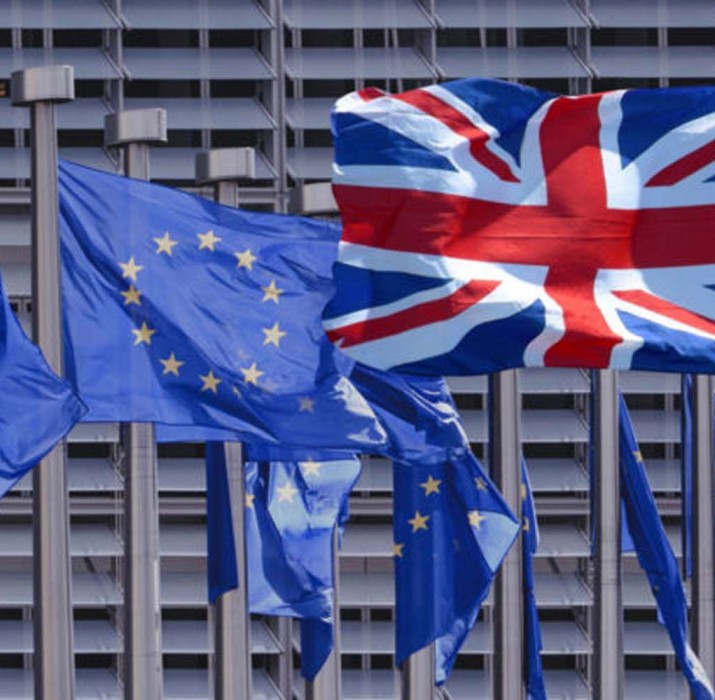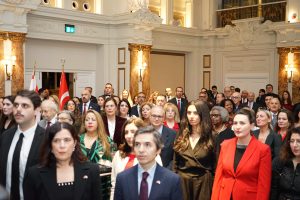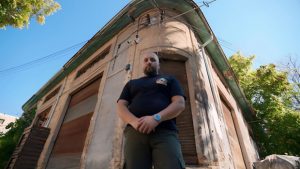UK and EU reach a deal over Northern Ireland border checks
The UK and EU have reached agreement on how rules in the withdrawal agreement will be implemented, particularly in relation to Northern Ireland.
The government says an agreement in principle has been found for issues including border control posts and the supply of medicines.
The government says it will now withdraw controversial clauses in the Internal Market Bill.
However, negotiations to reach a post-Brexit trade deal are still ongoing.
The details of the agreement have not been published but are expected to be rubber-stamped in the coming days.
They will apply regardless of whether the two sides can agree on a trade deal.
Cabinet Office minister Michael Gove said he was “delighted” and thanked the European Commission Vice-President Maroš Šefčovič for his teams “constructive and pragmatic approach”.
When the UK leaves the transition period on 31 December, Northern Ireland will be the only land border between the UK and the EU.
Under an arrangement known as the Northern Ireland protocol – which is part of the withdrawal agreement – goods will not need to be checked along the Irish border and the region will continue to enforce the EU’s customs product standards rules.
This means, in order to comply with EU requirements, some checks will be needed on certain goods entering Northern Ireland from Great Britain (England, Scotland and Wales).
Over the past year, Mr Gove and Mr Šefčovič had been engaged in talks on how these checks should be implemented.
The prime minister is to meet European Commission President Ursula von der Leyen in Brussels in the coming days, as the deadline for agreement nears.
This morning he told the BBC the situation was “very tricky” but “hope springs eternal”.
The two sides still disagree on fishing rights, business competition rules and how any deal would be enforced.
If an agreement is not reached and ratified by 31 December, the UK and EU could introduce import charges on each other’s goods.









